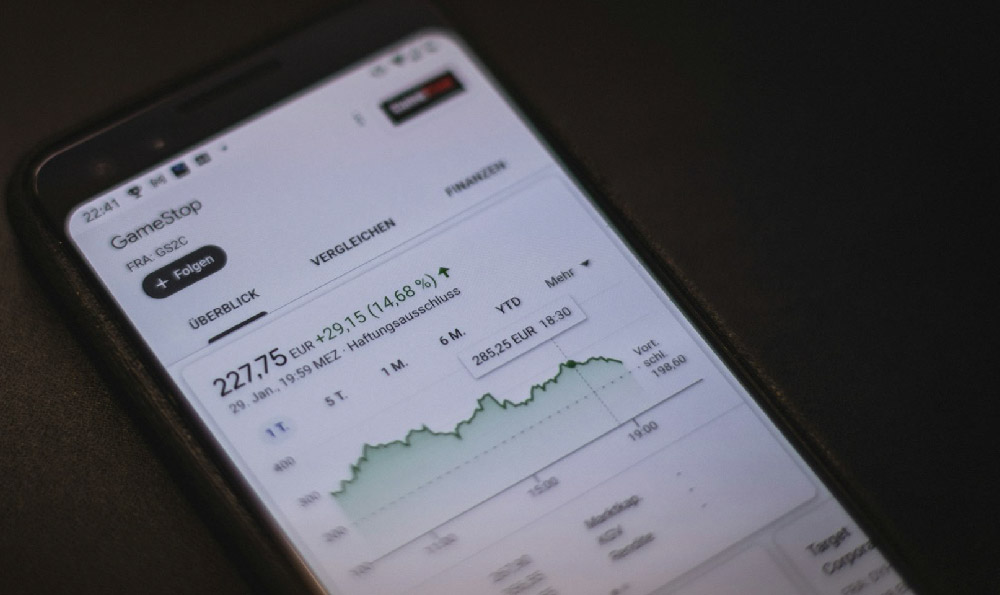Can I Work Part-Time and Still Collect Unemployment Benefits?

Navigating the complexities of unemployment benefits while considering part-time employment requires a careful understanding of state-specific regulations and a strategic approach to maximize your financial stability during a job search. The short answer is generally yes, you can work part-time and still collect unemployment benefits, but the devil is in the details. Each state has its own rules governing how much you can earn while receiving benefits and how those earnings will affect your weekly payment.
The foundational principle behind unemployment benefits is to provide temporary financial assistance to individuals who have lost their jobs through no fault of their own and are actively seeking new employment. This implies that you must be available and willing to accept full-time work. Engaging in part-time work doesn't automatically disqualify you, but it does necessitate reporting your earnings and adhering to specific limitations.
Understanding your state's specific regulations is paramount. Most states operate under a system where a portion of your part-time earnings is deducted from your weekly unemployment benefit. The exact formula varies significantly. Some states employ a dollar-for-dollar reduction, meaning that for every dollar you earn, your benefit is reduced by a dollar. Others use a more lenient approach, allowing you to earn a certain amount before any deductions are applied. Still others might use a percentage reduction, taking a portion of your earnings as a reduction.

To illustrate, let's consider a hypothetical scenario. Suppose your state allows you to earn $100 per week without affecting your unemployment benefit. If your weekly benefit amount is $400 and you earn $80 in a part-time job, your benefit would remain at $400. However, if you earn $150, the excess $50 might be deducted from your benefit, resulting in a reduced payment of $350. It's crucial to check your state's unemployment website or contact their unemployment office directly to obtain accurate and up-to-date information on their specific earning rules.
Beyond the earnings threshold, another important factor is the nature of the part-time work itself. States typically require you to continue actively searching for full-time employment even while working part-time. This means you must be able to demonstrate that you are still applying for jobs, attending interviews, and taking other steps to find suitable full-time work. Failure to do so could jeopardize your eligibility for continued benefits.
Transparency is key throughout the entire process. You are obligated to report all earnings from part-time work to your state's unemployment agency accurately and promptly. Failing to do so can lead to penalties, including the loss of benefits and potential legal repercussions. Honesty and diligence in reporting your earnings are essential for maintaining your eligibility.
Before accepting part-time employment, it's wise to carefully evaluate its potential impact on your overall financial situation. Consider the following:
- The net financial benefit: Calculate how much additional income you will actually receive after the reduction in unemployment benefits. Sometimes, the reduction may be so significant that the part-time work barely improves your financial standing.
- The time commitment: Assess whether the part-time work will significantly hinder your ability to search for full-time employment. A demanding part-time job could limit your availability for interviews and networking opportunities.
- The potential for long-term employment: Explore whether the part-time job could potentially lead to a full-time position. If there's a possibility of advancement or conversion to full-time status, it might be a worthwhile investment despite the immediate reduction in benefits.
Furthermore, explore available resources that can aid in your job search. Many states offer career counseling, job training programs, and resume assistance to unemployment benefit recipients. These resources can significantly enhance your prospects of finding full-time employment and reducing your reliance on unemployment benefits.
Working part-time while collecting unemployment benefits can be a viable strategy for maintaining some income and building skills during a job search. However, it's crucial to approach it strategically, understanding your state's specific regulations, reporting your earnings accurately, and continuing to actively seek full-time employment. By carefully weighing the financial implications and maximizing available resources, you can navigate this challenging period with greater confidence and achieve a faster return to full-time employment.















